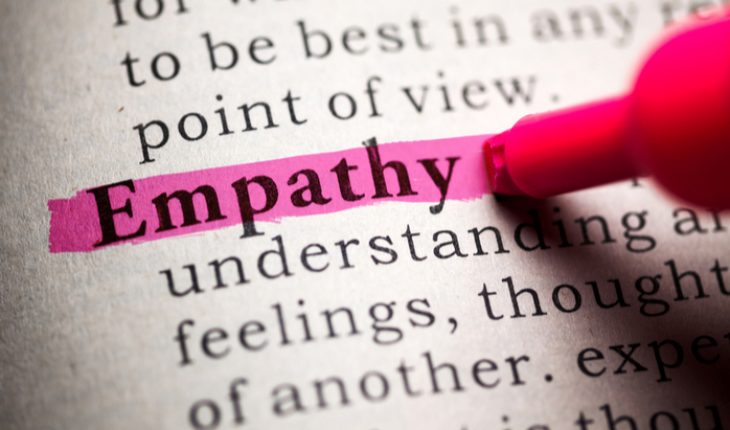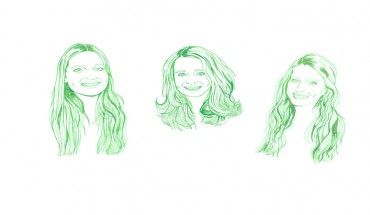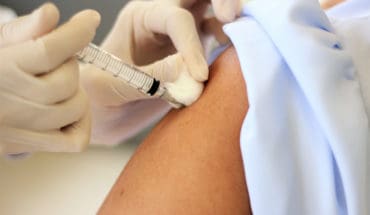Technology should be used to boost empathy-based medicine, according to a new paper published in the Journal of the Royal Society of Medicine.
Existing digital technologies must be exploited to enable a paradigm shift in current healthcare delivery which focuses on tests, treatments and targets rather than the therapeutic benefits of empathy.
Existing digital technologies must be exploited to enable a paradigm shift in current healthcare delivery which focuses on tests, treatments and targets rather than the therapeutic benefits of empathy.
Dr Jeremy Howick and Dr Sian Rees of the Oxford Empathy Programme, say a new paradigm of empathy-based medicine is needed to improve patient outcomes, reduce practitioner burnout and save money.
Empathy-based medicine, they write, re-establishes relationship as the heart of healthcare. “Time pressure, conflicting priorities and bureaucracy can make practitioners less likely to express empathy. By re-establishing the clinical encounter as the heart of healthcare, and exploiting available technologies, this can change”, said Dr Howick, a Senior Researcher in Oxford University’s Nuffield Department of Primary Care Health Sciences.
Technology is already available that could reduce the burden of practitioner paperwork by gathering basic information prior to consultation, for example via email or a mobile device in the waiting room.
Technology is already available that could reduce the burden of practitioner paperwork by gathering basic information prior to consultation, for example via email or a mobile device in the waiting room.
During the consultation, the computer screen could be placed so that both patient and clinician can see it, a help to both if needed, for example, to show infographics on risks and treatment options to aid decision-making and the joint development of a treatment plan.
Dr Howick said: “The spread of alternatives to face-to-face consultations is still in its infancy, as is our understanding of when a machine will do and when a person-to-person relationship is needed.” However, he warned, technology can also get in the way. A computer screen can become a barrier to communication rather than an aid to decision-making. “Patients and carers need to be involved in determining the need for, and designing, new technologies”, he said.
Overthrowing barriers to empathy in healthcare: empathy in the age of the Internet (DOI: 10.1177/0141076817714443) by J Howick and S Rees was published this week by the Journal of the Royal Society of Medicine.
- Gut microbiome could delay onset of type 1 diabetes - 3rd April 2025
- The da Vinci 5 Robot Is Set To Transform Bariatric Care: - 31st March 2025
- Beyond money: the hidden drivers fuelling child food insecurity - 31st March 2025







To improve empathy in Allopathic medicine there needs to be less technology not more. Studying how holistic medical modalities like Homeopathy, Naturopathy, Herbal, Traditional Chinese Medicine, Ayurveda etc., operate would be a good start. Even better, establish Integrative Medicine where these modalities are also offered and let their influence seep through to Allopathy.
For Allopathy to be effective medicine, and largely it is not, it needs to throw off the yoke of materialist reductionist science and explore all scientific modalities which move beyond mechanistic materialist reductionism.